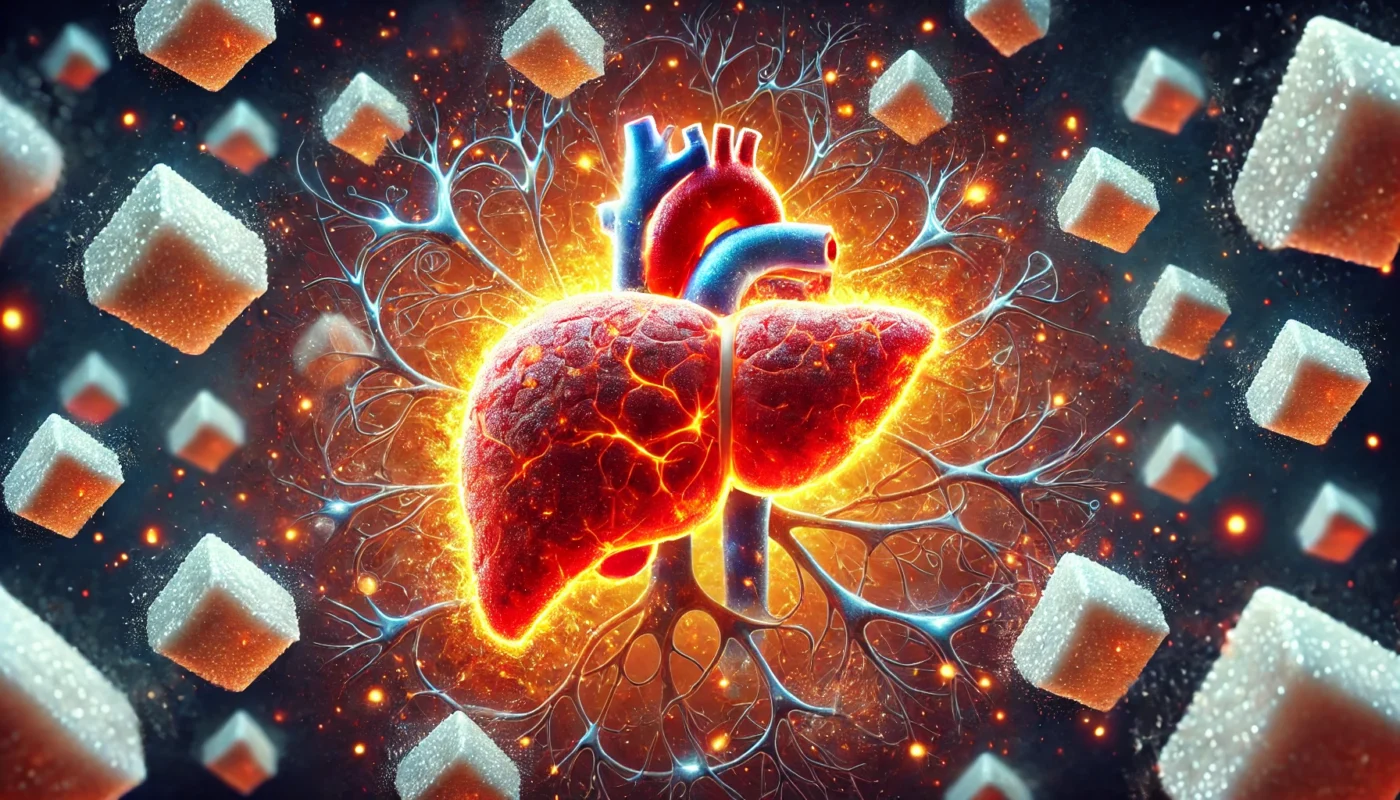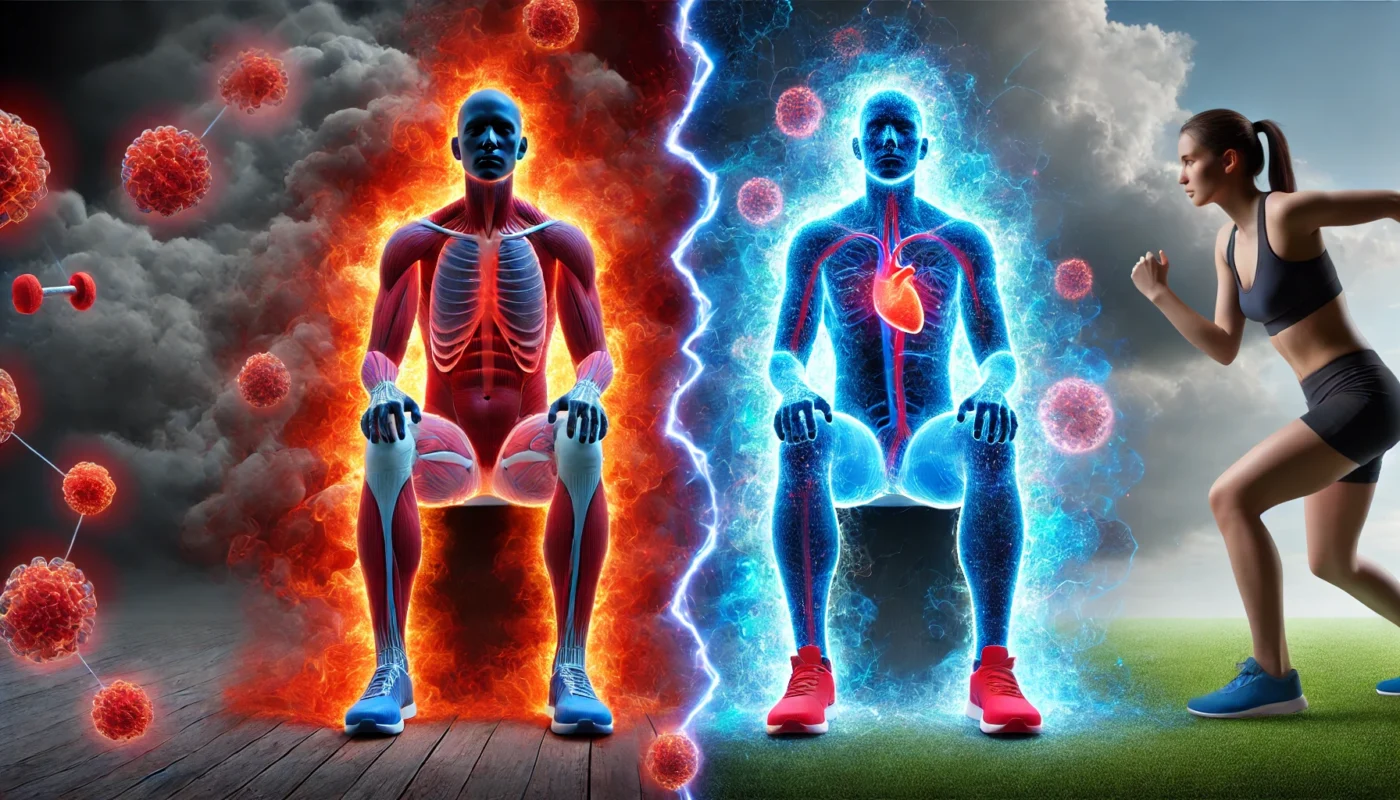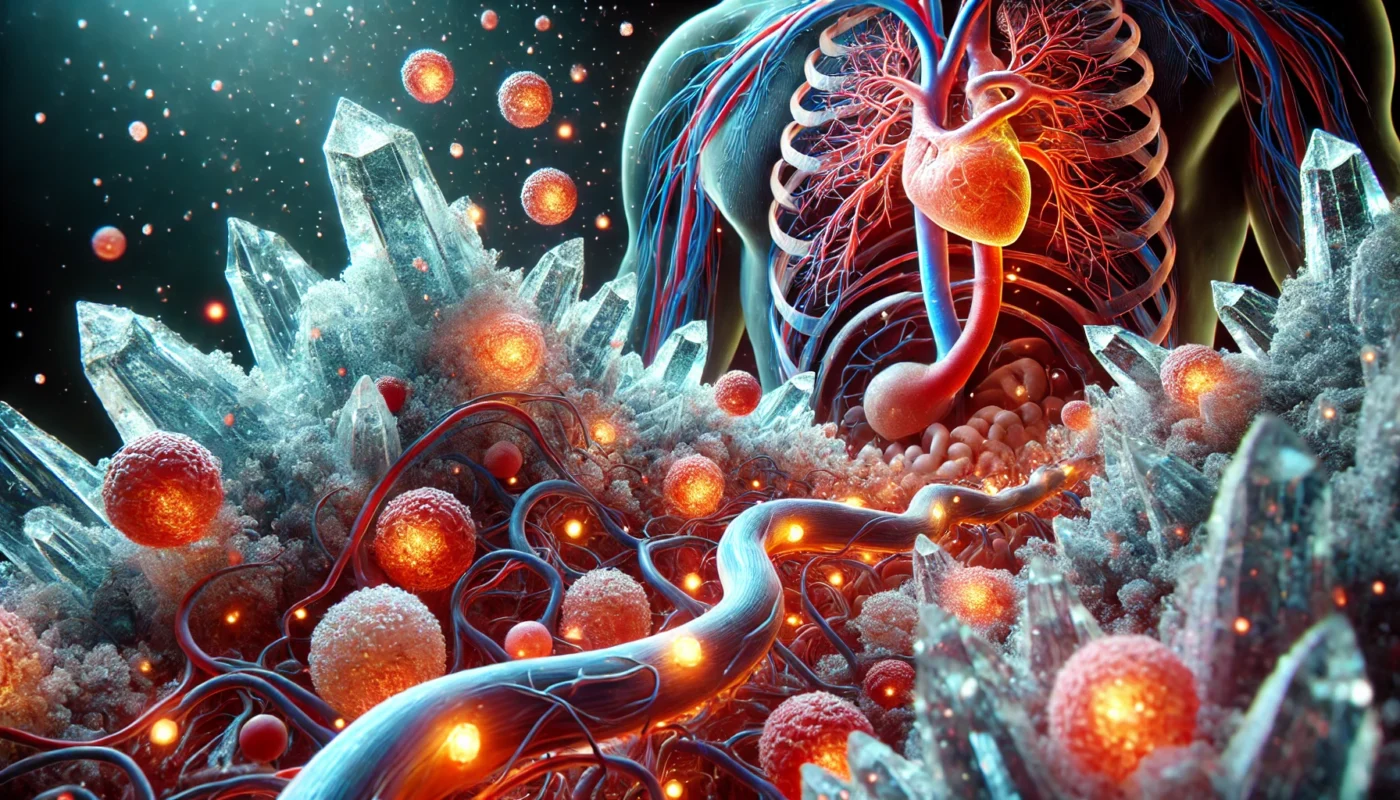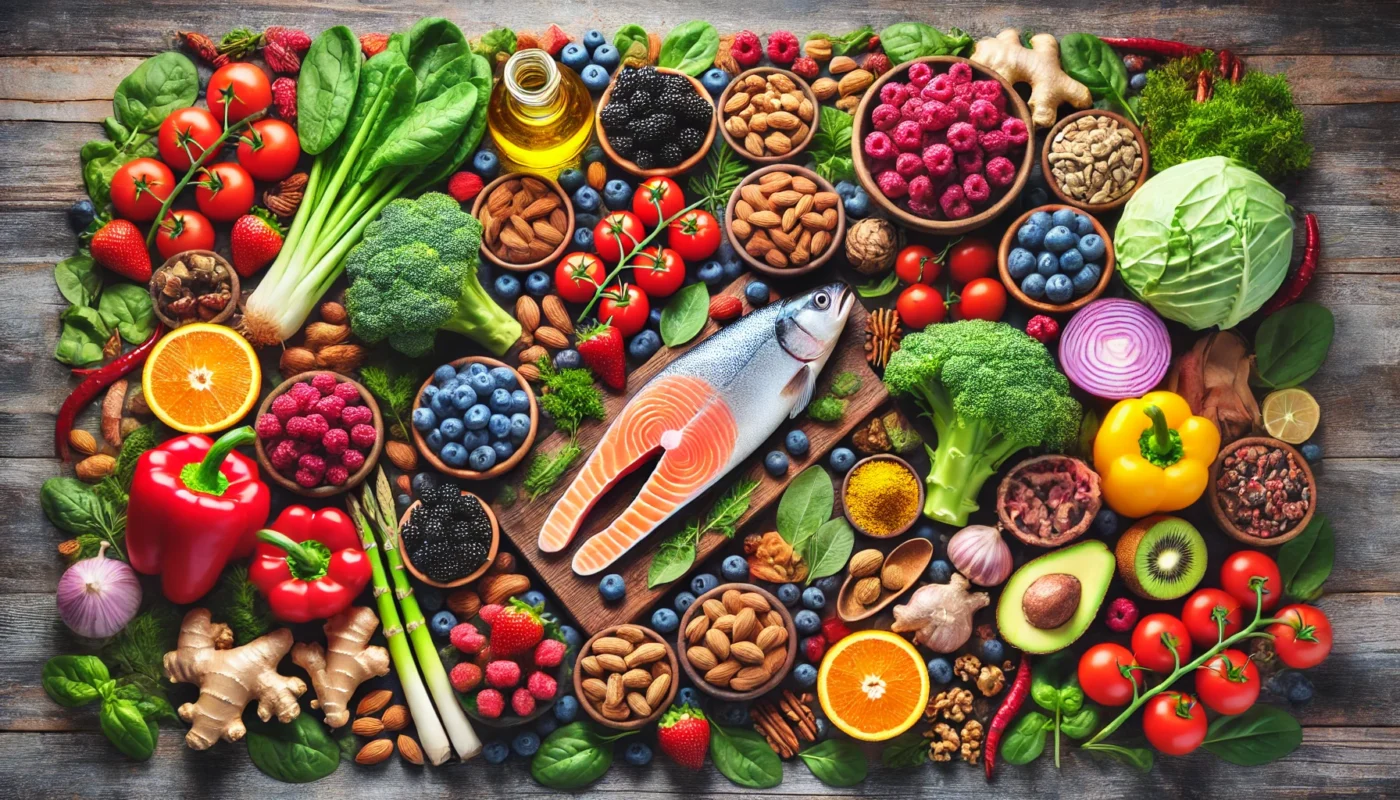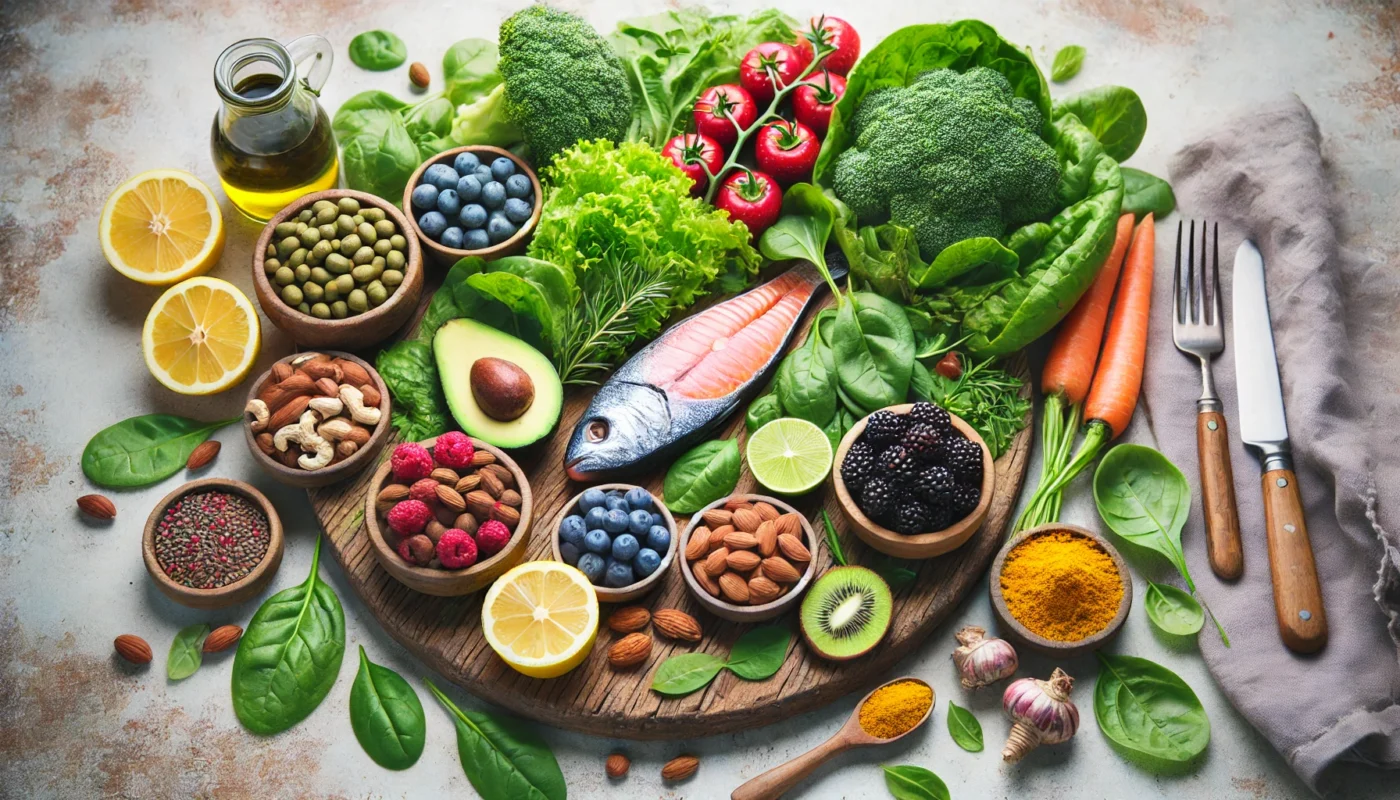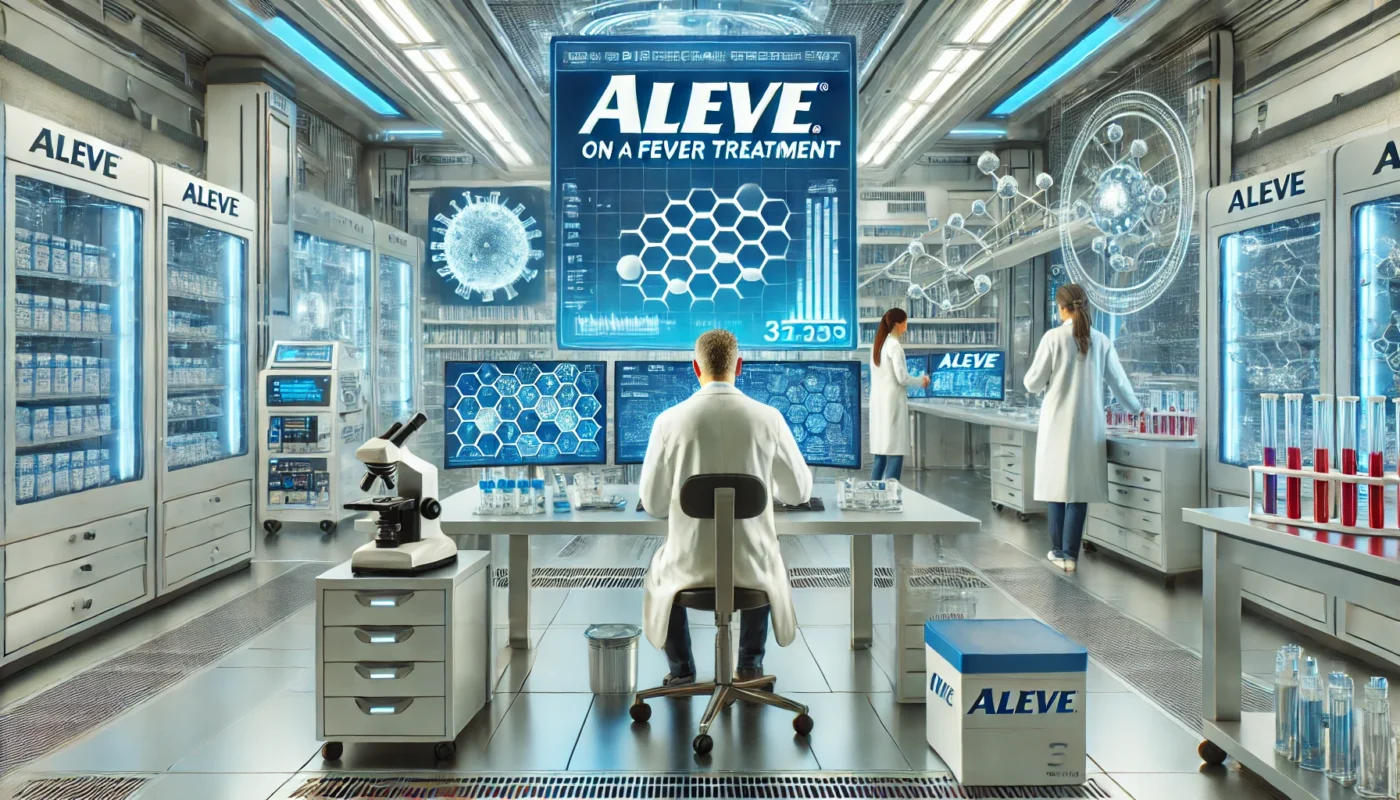The question “Is sugar inflammatory?” is crucial for anyone keen on optimizing their health. Understanding the inflammatory nature of sugar involves exploring its biochemical effects and the broader health implications. Scientific research has increasingly shown that sugar can indeed trigger inflammatory responses in the body.
Tag Archives: health
Inflammation is the body’s natural response to injury or infection, aimed at protecting and healing. It is characterized by redness, swelling, heat, and pain, serving as a protective mechanism to remove harmful stimuli and initiate the healing process. This response is essential for survival, as it helps to eliminate infections and repair damaged tissues.
Inflammation is the body’s natural response to injury or illness. When you sprain your ankle, for example, your body sends white blood cells to the affected area to protect it, resulting in swelling and redness. This is acute inflammation, and it’s a necessary part of healing. However, when inflammation persists for a prolonged period, it becomes chronic and can lead to various health problems.
In the realm of nutrition and wellness, the debate surrounding whether certain foods are inflammatory or anti-inflammatory often arises. Among these contentious foods are tomatoes and potatoes. Both are staples in many diets, yet they are frequently scrutinized for their potential inflammatory properties. So, do tomatoes and potatoes cause inflammation, or are they unfairly maligned? This article will explore the intricate relationship between these foods and inflammation, providing a comprehensive overview for those seeking clarity.
In the quest for optimal health and well-being, understanding the role of diet in inflammation is paramount. Dairy products, especially yogurt, have been the subject of much debate regarding their effects on inflammation. In this article, we delve into the intricate relationship between yogurt and inflammation, and provide insights that will aid fitness enthusiasts, health aficionados, and medical patients in making informed dietary choices.
Inflammation is a natural and essential part of the body’s immune response. It helps to fend off pathogens and repair tissue. However, when inflammation becomes chronic, it can contribute to a host of health issues, including arthritis, heart disease, and diabetes. Chronic inflammation is often described as a slow, silent burn that can lead to significant long-term damage.
Inflammation is a natural response of our immune system. It’s a protective mechanism that helps our bodies heal from injury and fight off harmful invaders. But when inflammation becomes chronic, it can lead to various health issues, from heart disease to arthritis.
Diet plays a crucial role in managing inflammation. Certain foods can trigger an inflammatory response, while others can help to reduce it. This article will explore the top 20 anti-inflammatory foods that can help you manage inflammation naturally.
In this comprehensive guide, we’ll delve into the principles of elimination diets, explore their benefits, and provide you with actionable steps to implement these dietary strategies effectively. From understanding the science behind inflammation to real-life success stories and common challenges, this guide will equip you with the knowledge and tools you need to embark on your own elimination diet journey with confidence.
Ibuprofen is a nonsteroidal anti-inflammatory drug (NSAID) that reduces inflammation, pain, and fever. It works by inhibiting enzymes (COX-1 and COX-2) involved in the inflammatory process. Commonly known brands include Advil and Motrin.
Aleve is a nonsteroidal anti-inflammatory drug (NSAID), similar to ibuprofen and aspirin. It operates by inhibiting the production of prostaglandins, which are compounds in the body responsible for inflammation, pain, and fever. By reducing prostaglandin levels, Aleve effectively diminishes these symptoms, making it a valuable component of anti-fever medication regimens.

